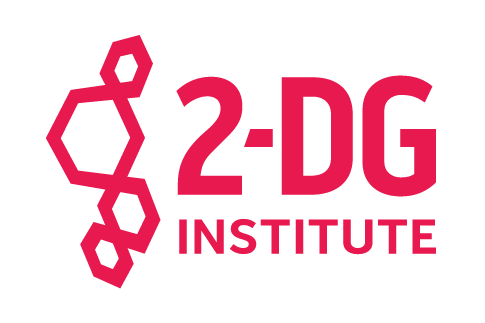Similar to what we previously reported in cancer cells growing under normal oxygen conditions, our data shows that 2-DG interferes with the process by which sugars are added onto proteins (n-linked glycosylation) that are critical for the functioning of tumor cells as well as viruses. These results further indicate the wide-reaching and extraordinary role that 2-DG is just now beginning to gain recognition for, as both an anti-cancer as well as an anti-viral agent. Although much work remains to be done to bring 2-DG to clinical application in both of these global diseases, our findings in Phase I trials where 2-DG was found to be well-tolerated by cancer patients treated over extended periods offer much hope that these goals can realistically be achieved.
Potential Application of 2-DG to Block Herpes Virus
In collaboration with Dr. Enrique Mesri, an expert in herpes virus replication and the mechanism by which this virus drives the most prevalent cancer found in AIDS patients (Kaposi’s sarcoma), we have recently reported that 2-DG has remarkable effects in blocking viral formation in three different strains of herpes. Our findings offer the possibility of not only developing a new way to stop herpes virus multiplication, but this protocol may extend to other viruses such as influenza, Hepatitis C, and even the virus that causes AIDS itself, HIV, as well as many others.
